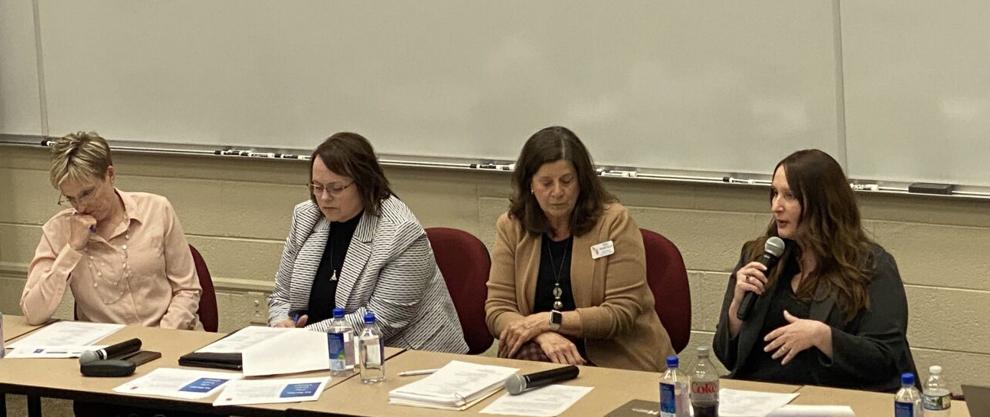‘Trust in our elections’: Keep Our Republic meets with skeptical crowd during discussion on electoral process in Waukesha Tuesday
By Isabella Kostolni - Freeman Staff | May 15, 2024
WAUKESHA — For over two and a half hours on Tuesday evening, room N133 at UWM at Waukesha was abuzz with passionate discourse. The theme was the Wisconsin electoral process in an event titled “Trust In Our Elections: A Community Conversation” hosted by nonpartisan nonprofit civic education organization Keep Our Republic.
The event featured a panel of five experts: Waukesha City Clerk Sara Spencer, Mukwonago City Clerk Diana Dykstra, Waukesha County Clerk Meg Wartman, Milwaukee County Elections Director Michelle Hawley, and Kyle Weber of Election Systems & Software. Wisconsin Elections Commission Administrator Meagan Wolfe was originally scheduled as a panelist, but was unable to attend.
Moderator Kathy Bernier, KOR’s Wisconsin state director, opened by discussing election denialism.
A PowerPoint presentation slide titled “Facts From Fiction” broke down factual concerns and unproven assertions about the 2020 election. Bernier said third-party funding aimed at a handful of the state’s largest cities, third-party operatives coming to participate in some aspects of the election, denying special voting deputies entry into nursing homes and assisted living facilities to assist voters, and the state Supreme Court’s determination that drop boxes were not authorized by state law were all reasons to raise an eyebrow.
Nonetheless, Bernier said there were unproven assertions about the election as well. These include the belief that nursing homes had a 100% turnout, inactive voters were activated then deactivated, that Donald Trump won the presidential election, that ballots were issued and deposited into drop boxes by “mules,” and that hundreds of thousands of undocumented immigrants voted.
Bernier said deportation is “a huge deterrent for anyone attempting to vote as a noncitizen.”
She said audits of the 2020 election were “meticulous,” citing the Wisconsin Legislative Audit Bureau and the nonprofit conservative law firm Wisconsin Institute for Law & Liberty, which both reaffirmed the results while also offering suggestions for improving future elections.
The panel broke down pre-election, election day and post-election procedures at the state, county, and municipal levels, along with what election vendors do.
Some audience members seemed to agree with what was stated, while others seemed to object.
At different points, Bernier allowed the crowd to submit questions via note cards left at each seat. Some in the audience – it was later revealed that many were poll workers – chose to ask their questions out loud instead. Attendees probed the experts about whether voting equipment can connect to the internet, ADA compliant voting, and the types of identification needed to cast a ballot.
An audience member inquired about inactive voter lists, claiming that she has her deceased mother’s driver’s license number and that myvote.wi.gov gave the option for her mother to register to vote. Bernier said if you register to vote as someone else, you’re breaking the law.
“The fact of the matter is, if you have my license number and you’re going to register on my behalf and you break the law, they’re going to catch you. …They will get a complaint and they will get an IP address. They will know exactly who did it, where they live, and they will come after you,” she said.
Audience members expressed skepticism, but Bernier fired back.
“If you want to be a felon, go ahead and break election laws,” Bernier remarked.
The panelists also touched on election day processes and how the state and counties are sources of information and support, while municipal election inspectors and clerks perform other hands-on tasks. They ended with post-election procedures, such as canvassing and auditing.
Afterward, when asked how she thought the event went, Bernier simply said “As I expected.”
KOR has hosted similar events throughout the state. Bernier said that compared to West Bend, where it was more of an open forum, she had more control of Tuesday evening’s event.


